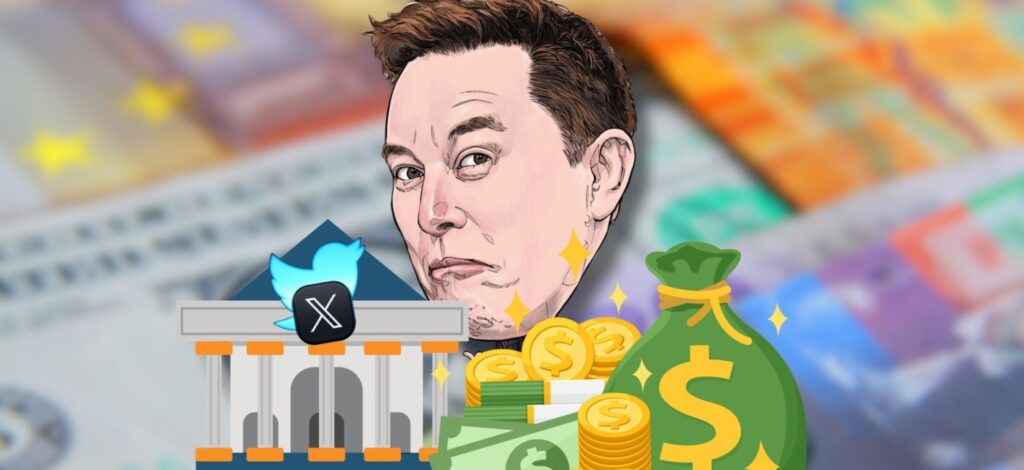Elon Musk’s purchase of Twitter, turning it into a private company with a $13 billion loan, was provided by major banks such as Morgan Stanley and Bank of America. However, this deal is considered one of the most problematic financing agreements for banks since the 2008-2009 financial crisis. The loan has been hanging in the banks’ balance sheets for nearly two years, and the interest payments are increasing the financial burden on the banks.
Musk’s Company X’s Low Performance and Its Impact on Banks
Musk’s company X (formerly known as Twitter) is struggling to sell this loan in the market due to its poor financial performance. This situation is causing a significant drop in the value of the loan and creating large burdens on the banks’ balance sheets. The market value of X has dropped well below the purchase price, approximately to $19 billion, further deepening the financial difficulties for banks.
Barclays and some other banks report that the difficulties created by the Twitter loans have led to a 40% cut in compensations for some top investment bankers. This situation is negatively affecting the overall performance of the bank and causing some employees to leave.
Long-term Effects of the Twitter Deal on the Banking Sector
Typically, cash loans for acquisition deals are quickly sold to other investors by banks to spread the risk. However, such mobility was not observed in the Twitter deal. This situation is leading to declines in the performance of investment banking in banks and causing major concerns in the sector.
